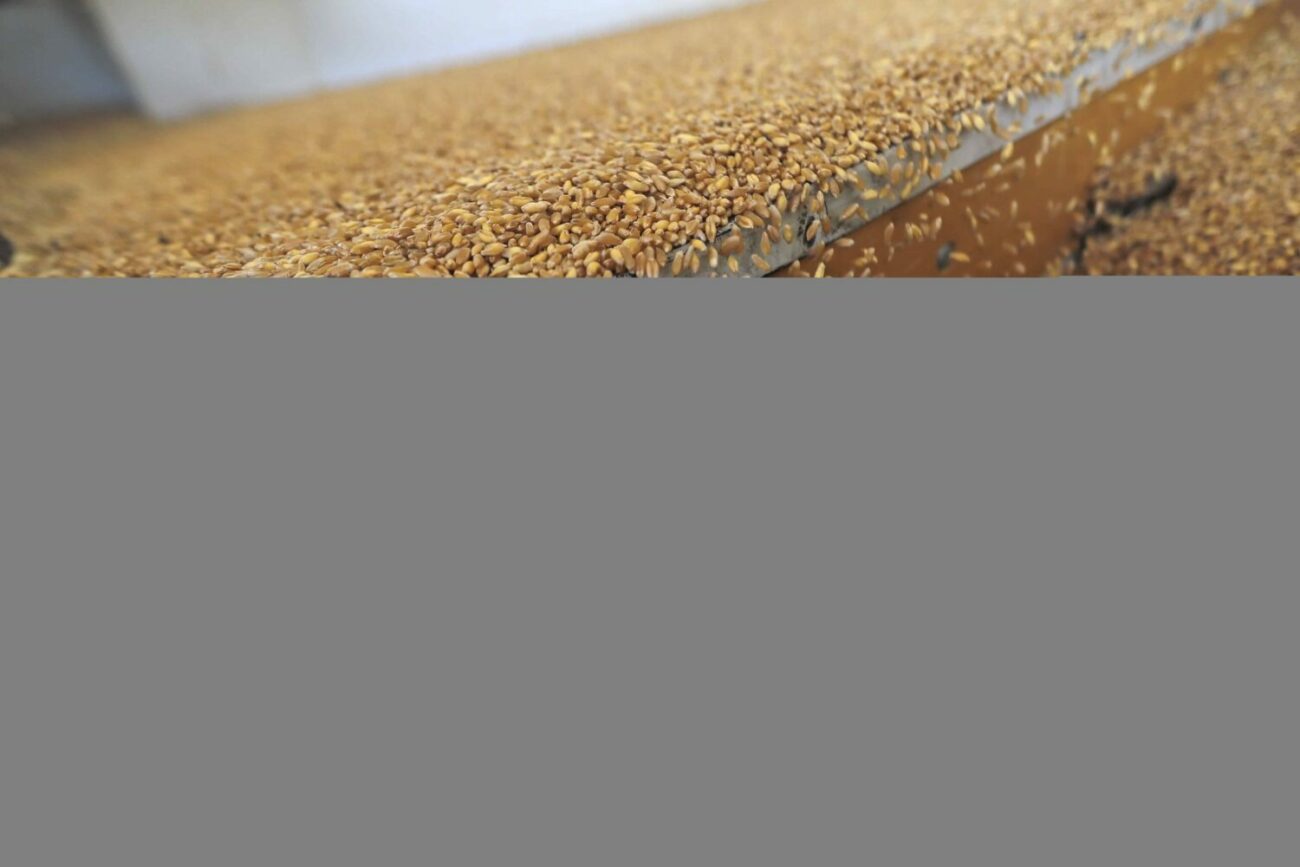Cairo, Egypt– Egypt has enough reserves of wheat to last it for many months, according to Dr. Ali Al-Moselhi, the Egyptian Minister of Supply and Internal Trade.
The minister said the country’s reserves of wheat are sufficient for 4.2 months, oil for 5.3 months, and sugar for 5.4 months.
He noted that about 100 tonnes of sugar have been produced from the cane crop so far, and that preparations are underway to receive the beet crop in mid-March.
This came as the minister inspected today the West Port Said Silos project, which is located on an area of 15,000 square meters with a storage capacity of 100,000 tonnes.
The minister noted that Egypt imports between 6 and 6 million tonnes of wheat annually through its ports, explaining that no silo has been built in the ports since 1984.
In May last year, Egypt deferred payments for its large wheat purchases, in some cases by months, as the country grappled with a shortage of hard currency.
Egypt is one of the world’s biggest wheat importers and uses the purchases to make heavily subsidised bread, a politically sensitive benefit available to tens of millions of people.
Most deferred payment cargoes have been shipped and unloaded without interruption so far and Egypt’s state wheat reserves used to make subsidised bread have not been affected.
Following the war in Ukraine, Egypt now depends mostly on Russia for its wheat.
Egypt buys about five million tonnes of wheat annually from abroad. Subsidised bread is available to more than 70 million of its 104 million population.
The finance ministry says funding for subsidies on food, mostly bread, will rise 41.9 percent to 127.7 billion Egyptian pounds ($4.1bn) in the fiscal year from July 2023 to June 2024.
In recent years, most imported wheat has come from the Black Sea and the war in Ukraine initially disrupted purchases. But the government later managed to boost its reserves, mainly relying on Russian wheat imports.
The Ukraine war delivered a broad shock to Egypt’s economy, causing investors to pull out billions of dollars. Egypt’s currency tumbled and inflation soared.
Many recent wheat purchases have been made with funding from the International Islamic Trade Finance Corporation (ITFC), which last year doubled a credit facility extended to Egypt to $6bn, and from the World Bank, which in December approved $500m in development financing, mostly for wheat imports.

